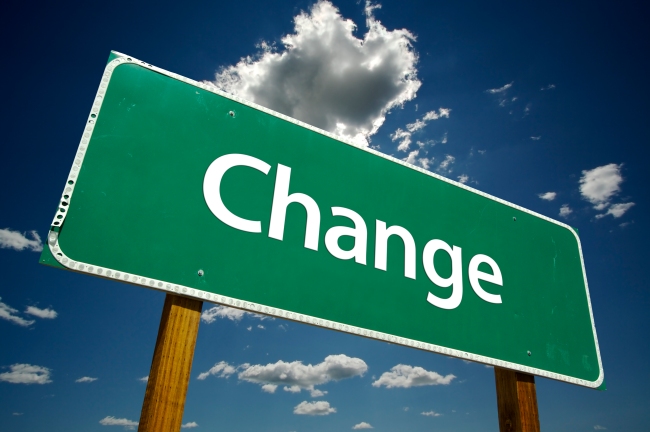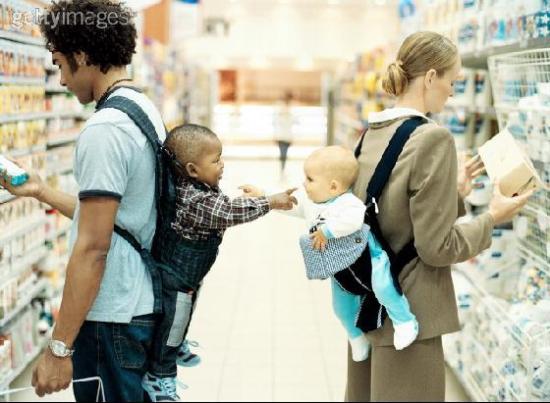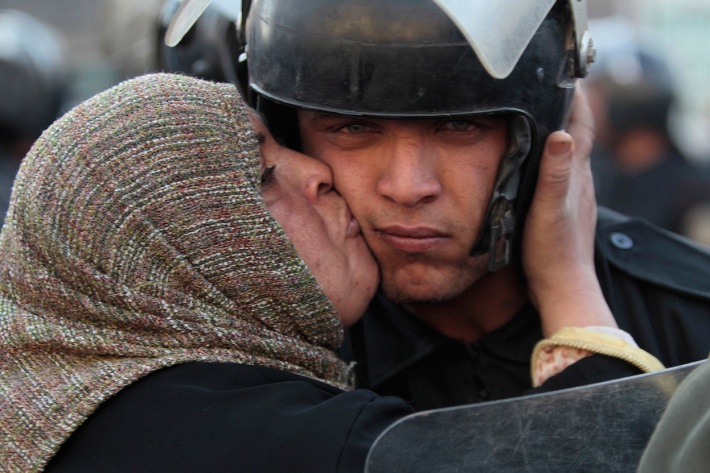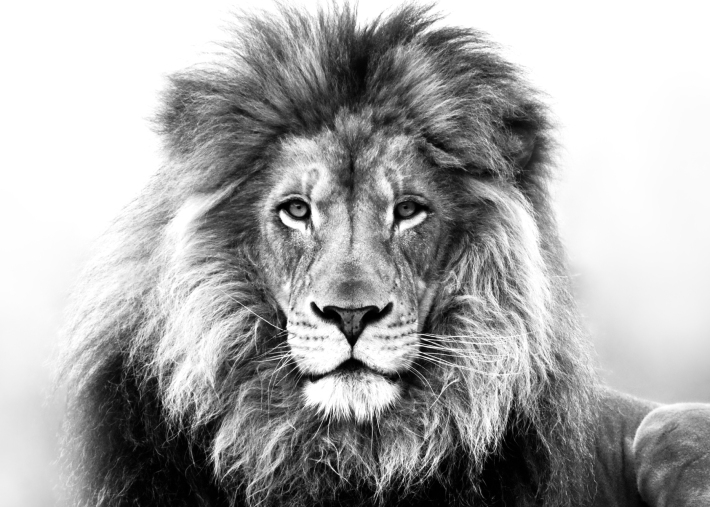
I don’t take credit for this image
I miss being here so much. I have been writing a lot lately, but it all goes to the magazine, its things that unfortunately I can’t post here. Lately everything has been falling apart; nothing seems to be in place. Every time things start to be back in place, something just happens. My life is witnessing a very high rate of turn over. People/Things just keep going in and out of my life. I don’t think bitching about things will get anything better, so I’d rather spend that time working on alternatives.
Today, I realized that change happens gradually. One day you wake up frustrated and you think things got to change. You do your best, and then you realize your best was not enough to make that major change that you expected in your life.
The only way you can realize change is by looking backwards and I quote Steve Jobs here, “connecting the dots”. Today I look at my life and say, wow…things have really changed. 2-3 years ago I was just a completely different guy, someone who has very little resemblance with the man I am today. I am glad I am the man I am today, I am glad I have worked on changing and I slowly did.
Now my life is collapsing again because I have stopped changing. I see this as a wake-up call. There is no going back, there is no staying still, our life is collapsing behind us and the only way to escape is by running forward.
But how do we know that we have changed? It’s the social mirror, it’s how the people respond to us, the feedback we get. So if you really change, but the people still treat you the same, wouldn’t that make you feel like the same old you?
Now many people (including myself) struggled with that. You try change, but everything around you is still the same. The thought of giving up slowly grows in your mind.
On a side note, the social mirror is the most realistic distortion of reality. It includes the people who we trust the most. It has our close friends and even our family. Those are the people who we get our feedback from; those are the people who reflect our change. But how come they don’t give us the right feedback?
Many of us tend to think that everyone sees the world the same way we do. We expect that they see we have changed the same way we see that we have changed. This gap between what we expect and what they see is what I call “the distorted reality”.
What we fail to realize is that this gap keeps getting smaller by time, and this is why we can only see change when we look back. This is why many people just quit changing. Because they just cant see any progress going right now.
People who surround us gradually adapt to our change, just like we-subconsciously- slowly adapt to theirs’. So how can you replace that broken social mirror to see your own change?
First, you have to reach peace with yourself. You must be dedicated enough that you really want to change your life.
Second, try seeing change as a form of improvement. Many people start worrying as soon as they hear the word “change”. They just fear losing “their self” a long the way.
Third, to change, you don’t need to change who you truly are. You don’t need to change your values; you just need to find them and align them with your habits.
Fourth, differentiate between your values and your habits. Your values are the core beliefs that you have, while the habits are the implications of those values.
Usually we have a large gap between our values and our habits, and the whole point of change, is realigning the habits with the values.
For instance, if “not judging other people” is one of my core values. But when a close friend of mine is sharing a personal story, I interrupt them with my advice and how I see things, instead of really trying to understand them. Then my habits would not be aligned with my values.
Fifth, make a written list of your values and core beliefs. Don’t worry, as you get to change, you will get to know yourself better, so you can add/remove a few items from that list.
Sixth, that list will be your new mirror. You can always juxtapose this list against your daily habits. Every day, wake up and look at your list of values, how close are you to that list? Do you treat the people in a way that aligns with your values? Do you treat yourself in a way that aligns with your values?
Seventh, make a promise not to your family, not your friends but to yourself; that you will do your best to improve, even if the whole world will try to prove you otherwise.
Finally, be patient, be truthful with yourself and know that we are all imperfect humans. We make mistakes, we learn and we grow; it is part of our lives and human nature.
Moufti









